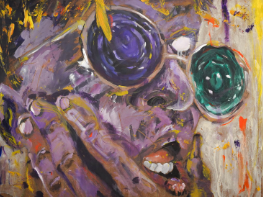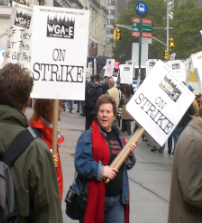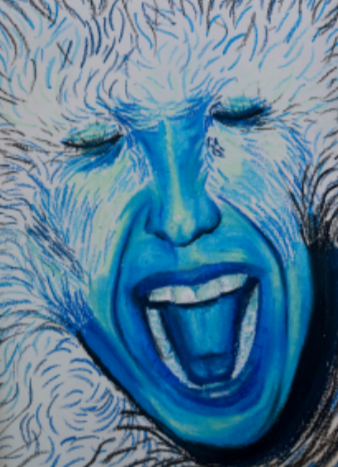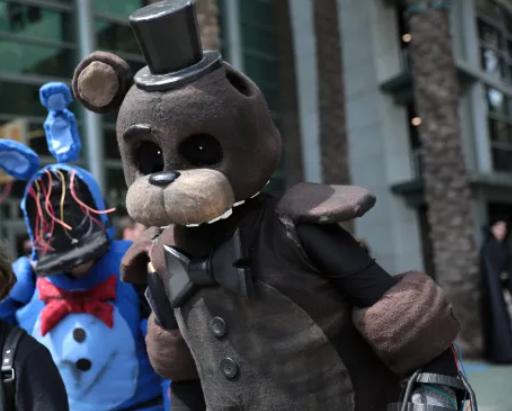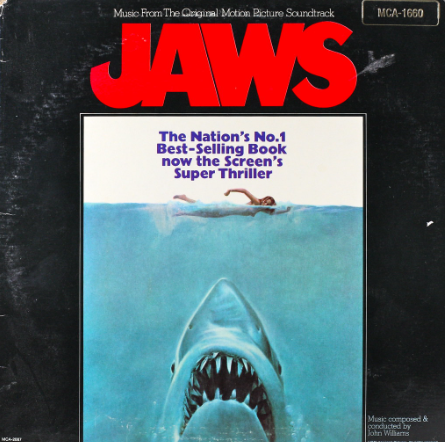Banned books don’t stop teachers or students
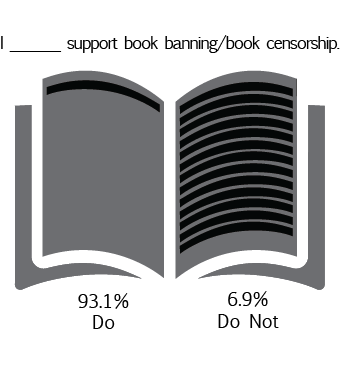
BLOT GRAPHIC BY HILARY GARRETT
A survey of 58 students from May 19 to May 29.
June 12, 2020
“Lord of the Flies,” “Of Mice and Men” and “The Great Gatsby” are all important books in the CHS English curriculum, but another thing these titles have in common is that they are all on the American Library Association (ALA)’s banned books list.
The violence, crude humor and even racial issues in these classics are the main reasons why they are banned, but seeing the “Harry Potter” series on the list raises the question of what is the criteria for a book to be banned.
Butler University’s list for banning books includes racial issues, sexual situations, political bias and encouragement of dangerous lifestyle habits. The list includes more than ten reasons why books are banned, but a study conducted by Butler University shows that from the years 2000-2009, the most prominent reason for banning books was because of sexually explicit content.
According to the ALA, a large number of classics have been banned, but at CHS these books are still used in English classes. Since books are banned in individual libraries or school districts and not on a national level, access to these materials is not totally prohibited.
Freshman Skyler Glusman of Middletown stated her distaste for the banning of books.
“I do not think they should be banned at all. The problem comes in when you begin to enforce your opinions on others,” Glusman said.
Unfortunately for authors, once their book is banned, not much can be done aside from speaking out and raising awareness. The ALA has furthered this initiative by creating Banned Books Week, a week dedicated to the advocacy of intellectual freedom.
Angie Thomas, author of “The Hate U Give,” shared her thoughts on this book being banned.
“I’m going to keep writing ‘banned’ books. The kids I write about deserve to see themselves whether their stories make you comfortable or not,” Thomas said.






